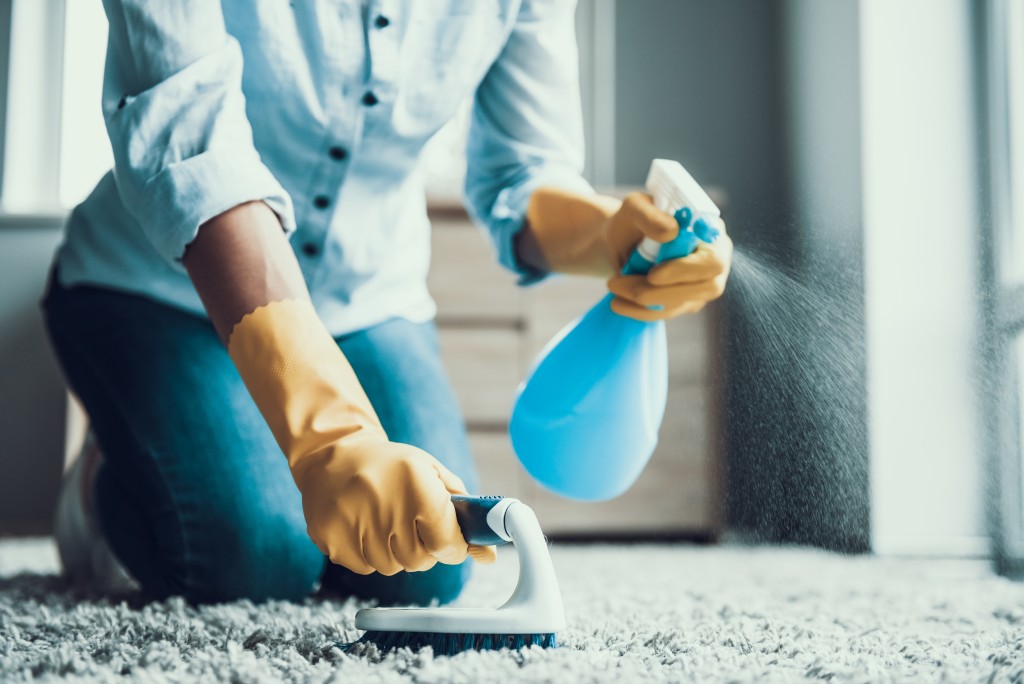Closing the sale for your first home is exciting. Unfortunately, this feeling is cut short when faced with the responsibilities of a new place. Many first-time homeowners fail to realize the amount of maintenance a property requires. Knowing what these are as early as the house hunting stage will help you keep watch for issues that can affect your home’s value and condition down the line.
Before Buying a House
Avoid costly repairs by inspecting the house beforehand. Although you can hire a professional to do this, you can make your own inspection during your scheduled viewing. This will help you identify any issues that may result in costly solutions in the future.
- Check the ceilings and walls for any signs of moisture damage such as mold, mildew, and wet spots.
- Check the doors and windows by opening and closing them. Look for instances where they get stuck, or they won’t close completely.
- Check the exterior of the house, specifically the walls, to see how worn it is. Most sellers stage their properties before inspection, so be on the lookout for small cracks and holes, peeling paint, and moisture damage.
- Check the stairs and their handrails for anything loose or wobbly.
After Buying a House
Once you’ve bought your new house and moved in, there are some things to do before you unpack. These will make sure your home and its features perform well.
- Change the locks on all of the doors, including the one on your gate.
- Replace the batteries in the smoke and carbon monoxide detectors.
- Adjust the temperature on the thermostat to what suits your preferences.
- Find your main water valve and circuit breaker box to avoid problems during emergencies.
- Check the filters in your furnace and HVAC systems to determine if they need to be replaced.
Doing these within the first few days upon moving in will help you avoid safety hazards that put you and your family at risk.
Regular Home Maintenance

Deferring maintenance will lead to problems that will cost you time and money to address. Much like the cost of broken brakes in a car, the costs of repairs and renovations can pile up. Before you know it, you are spending as much as you paid for in the sale.
Clean up dust.
When dust accumulates, it can affect the performance and lifespan of several appliances such as the refrigerator, the washer and dryer, and the HVAC system. Dust build-up also creates allergens that can make the house uncomfortable for you and your family.
Drain the water heater.
Sediment build-up will create clogs that can compromise the water heater’s ability to perform. By draining it and flushing it out at least once a year, you remove the debris and prolong its lifespan.
Inspect pipes and drains.
Clogged pipes and drains seem like a minor problem, but this can quickly evolve into a disaster. A burst pipe will flood your home and cause significant water damage. Keep an eye out for potential issues every week. Additionally, look for a trustworthy plumbing company that can provide the appropriate solutions.
Check the roof.
Always check your roof and gutter system after it rains. Keep an eye out for leaks in your ceiling to determine any damage to the roof. If you find leaks, call a repair service to handle the problem.
Caulk windows and doors.
An airtight home will prevent moisture damage and unnecessarily high energy costs. Check the edges of your windows and doors for leakage. Apply caulk if you find any.
Doing all of these will help you save on future repair costs.

